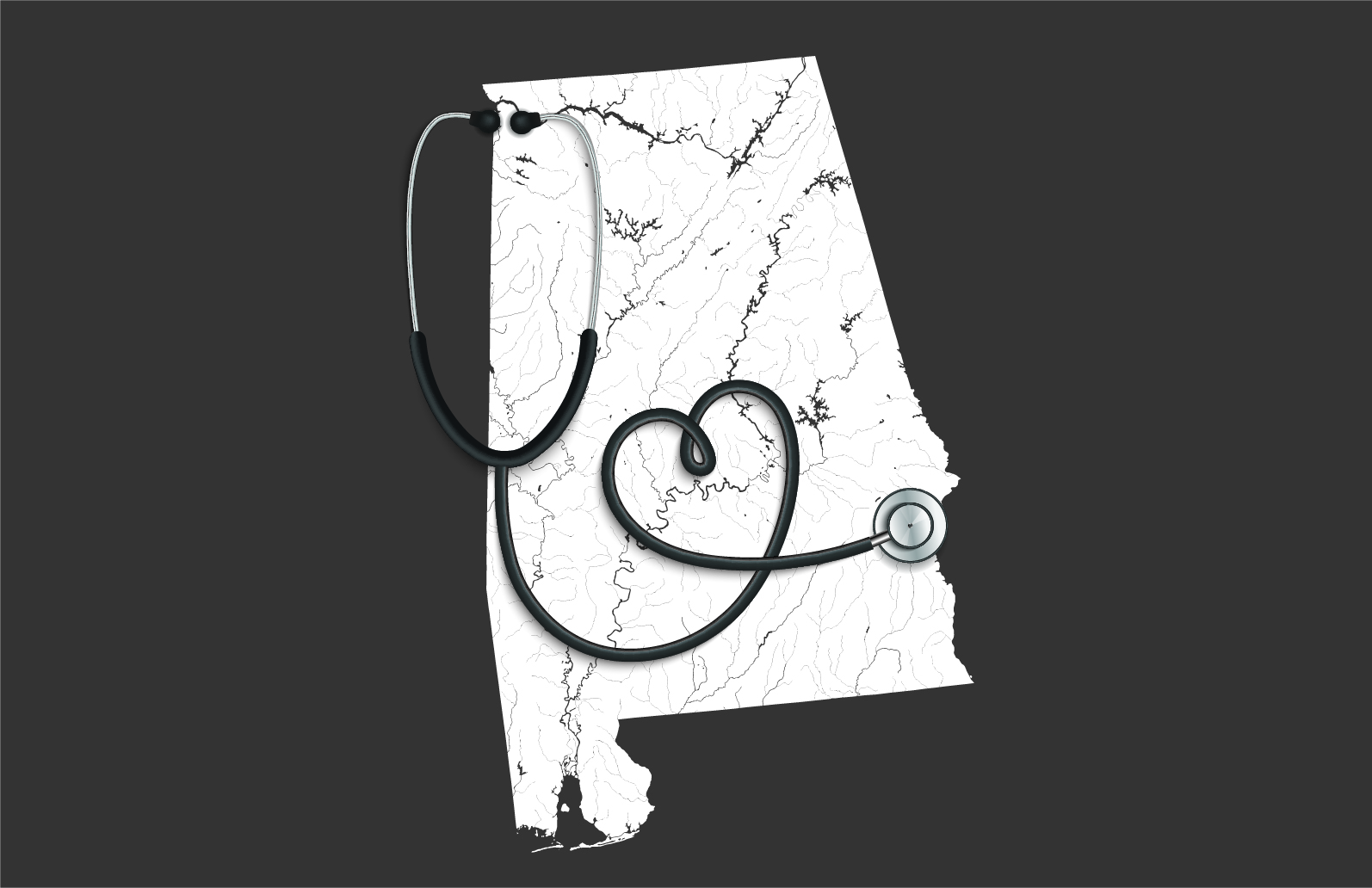The number and percentage of Alabama public high school seniors who are workforce-ready has continued to rise since the pandemic according to an analysis by the Public Affairs Research Council of Alabama (PARCA).
PARCA analyzed the results of the WorkKeys Assessment, a test given to high school seniors to gauge the skills they will need in the job market. These skills include reading, practical math, and graphic literacy as they are used in places of work. In 2023, over 73 percent of seniors in the state completed the test and 62 percent of those who took the test scored at or above the silver level of workforce readiness.
The WorkKeys Assessment implements a colored system to indicate how well students performed on the test. Students can receive either a platinum, gold, silver or bronze National Career Readiness Certificate demonstrating their proficiency when completing the test.
“A student scoring Silver or above has the foundational skills for 67 percent of jobs that ACT has profiled, and that student is considered college and career-ready by the Alabama Board of Education,” the analysis reads.
This passing percentage marks the highest number achieved since 2019. While the report indicates students are nearing the workforce readiness percentages prior to the pandemic, there was a sizable difference in the number of students who took the test in 2023 compared to 2019.
In 2019 32,269 seniors took the test while only 23,717 took the test in 2023. This difference is because Alabama’s State Department of Education stopped mandating the WorkKeys assessment after 2019 for all seniors.
Also, the analysis noted the correlation between poverty and workforce readiness. For school systems in higher poverty areas there was a smaller percentage of students that were workforce-ready by the assessment standards. While the WorkKeys assessment was better than other tests according to the report there was still a noticeable pattern occurring since the pandemic began.
“However, the 2023 WorkKeys test results do show a pattern similar to other assessments in the wake of the Covid-19 pandemic,” the analysis reads. “After dropping in 2020, 2021, and 2022, WorkKeys results rebounded more strongly among nonpoverty students in 2023. In contrast, students from low-income backgrounds have been slower to recover to pre-pandemic levels.”
The study demonstrates that additional support is needed to help less advantageous areas continue to recover from the COVID-19 pandemic.





















































